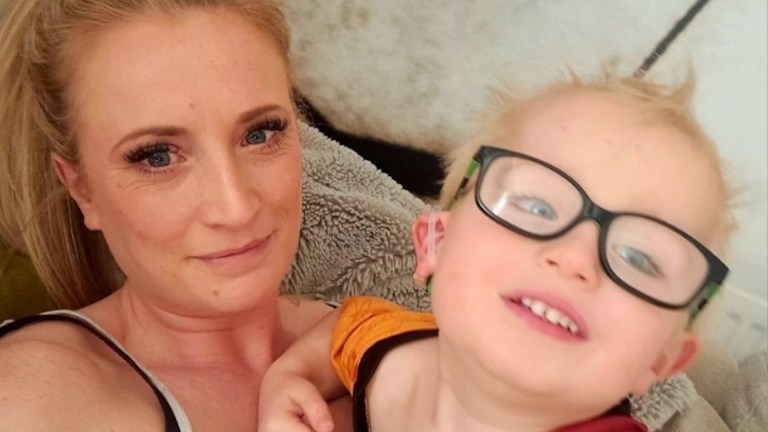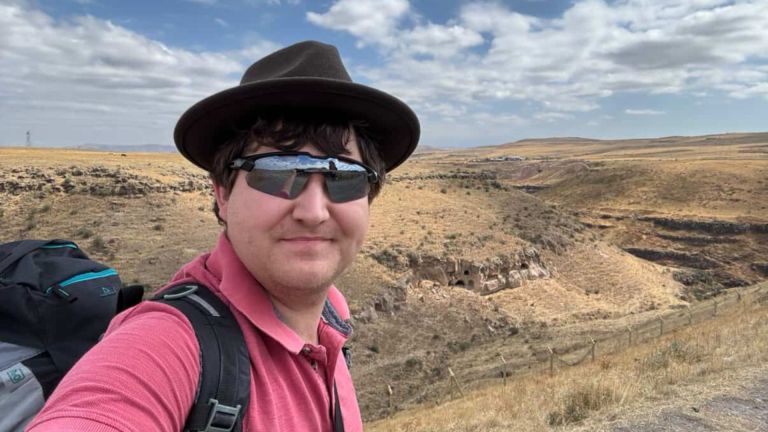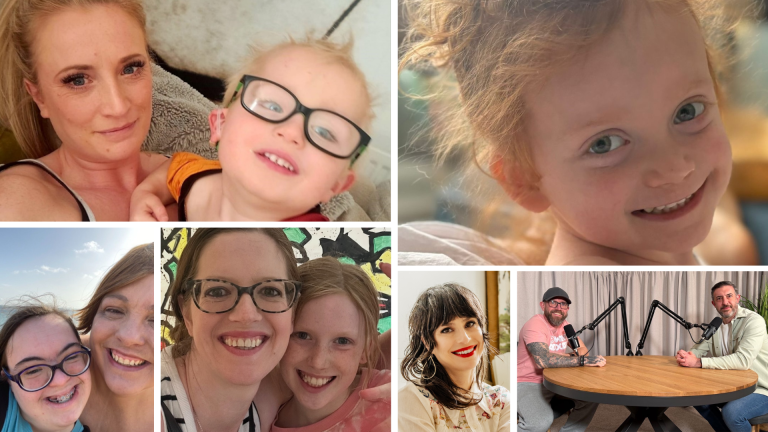When will my benefits paid by the DWP in January 2024?
The date your benefit is paid depends on what benefit you receive and when you started claiming.
Universal credit is paid monthly by the DWP. You can find out more about universal credit here.
Attendance allowance, disability living allowance, pension credit, personal independence payment and state pension are paid every four weeks.
Carer’s allowance, tax credits (from HMRC) and child benefit are either weekly or every four weeks. And maternity allowance is either every two weeks or every four weeks.
Income support, employment and support allowance and jobseeker’s allowance are usually every two weeks.
When should the DWP have paid my benefits over the New Year?
If you were due to receive your benefits on New Year’s Day or 2 January, 2024, you might have received your payment on an earlier date.
Advertising helps fund Big Issue’s mission to end poverty
For those with a benefit payment due on New Year’s Day, it should have been paid on 29 December.
If you were expecting a payment on 2 January, you should have either got it on 29 December or on 2 January as scheduled (if you’re on universal credit, it’s 2 January).
For tax credits, you should have been paid on 29 December if you were expecting a payment on 1 January or 2 January. And you should have been paid on 2 January if you were due a payment on 3 January, in England and Northern Ireland only.
You should tell the office that pays your benefit if you have not got your payment on the day it was scheduled.
How do I know if I am eligible for benefits in January 2024?
You may be eligible for further benefits and welfare support. If you’re not sure where to start, Citizens Advice offers information and services to help people and they can advise you as to what financial support is available from the government to help you.
You could be entitled to benefits and tax credits if you are working or unemployed, sick or disabled, a parent, a young person, an older person or a veteran. You can use the charity Turn2Us’ benefits calculator to find out what benefits you are entitled to claim.
Advertising helps fund Big Issue’s mission to end poverty
The government’s Help for Households website explains what support you could be eligible for – such as cost of living payments and we’ve got a round-up of all the cost of living help available to households here.
Are benefits and state pension set to increase in 2024?
Benefits and state pension are set to increase in April 2024.
The chancellor Jeremy Hunt announced in the Autumn Statement that benefits are going to be increased by the September rate of inflation of 6.7%.
He also announced that state pension will be increased by 8.5% in April, according to the rules of the triple lock and wage growth.
What cost of living payments are expected in 2024?
The next cost of living payment will be paid between February 6, 2024 and February 22, 2024.
This will be £299 and is the final cost of living payment currently planned by the DWP.
Advertising helps fund Big Issue’s mission to end poverty
People receiving certain benefits or tax credits are eligible for the cost of living payment. This includes: universal credit, income-based jobseeker’s allowance (JSA), income-related employment and support allowance (ESA), income support, pension credit, child tax credit and working tax credit.
You also have to have been receiving one of these benefits between November 13 and December 12, or payment for an assessment period, ending between these dates.
Find out more about the cost of living payment here.
What do I do if I haven’t received the DWP Christmas bonus?
The DWP Christmas bonus was a £10 top-up for people receiving certain benefits.
It is normally paid to people during the first full week of December (so this year, that was the week of December 4), so you should have received it if you are eligible.
Head to the government’s website for more information about whether you could be eligible.
Advertising helps fund Big Issue’s mission to end poverty
If you think you should the Christmas bonus but have not received it by 1 January, you should contact the Jobcentre Plus office that deals with your payments or the Pension Service.
When will the cold weather payment be paid?
The cold weather payment is given out to low-income households when temperatures drop below freezing for seven consecutive days.
It is a £25 top up for each seven-day period of cold weather intended to help people cover the extra costs they have to pay for heating. It’s paid to people in receipt of certain benefits.
Find out more about the cold weather payment here.
When will people in Scotland receive the winter heating payment?
People in Scotland may receive a winter heating payment instead of the cold weather payment by the end of January 2024 .
It is a £55.05 payment which is given to people on low-income benefits who might have extra heating needs.
Advertising helps fund Big Issue’s mission to end poverty
The money is paid by Social Security Scotland, having replaced the DWP’s cold weather payment for Scottish households.
You have to be getting a qualifying benefit to get the payment. These are universal credit, pension credit, income support, income-based JSA, income-related ESA or support for mortgage interest.
You have to get the benefit within a qualifying week. This is the first full week of November, which this year was the week beginning 6 November.
And there are specific criteria within the benefits too. Find out more about the winter heating payment and whether you could be eligible here.
When will the warm home discount be paid?
The warm home discount is applied directly to your electricity bill between early October 2023 and 31 March, 2024.
It is a sum of £150 which is granted to low-income households with high energy costs. It is not paid directly to individuals, but it’s money that comes off your bill. You can find out more here.
Advertising helps fund Big Issue’s mission to end poverty
Will I get a winter fuel payment from the DWP? And what do I do if it’s missing?
People should have received the winter fuel payment in November or December. This is an additional benefit to help pensioners with the cost of heating over the winter.
You can get the winter fuel payment if you were born before 25 September, 1957 and you live in the UK.
If you do not get a letter or the money has not been paid into your account by 26 January, 2024, contact the Winter Fuel Payment Centre.
Do you have a story to tell or opinions to share about this? We want to hear from you. Get in touch and tell us more.









